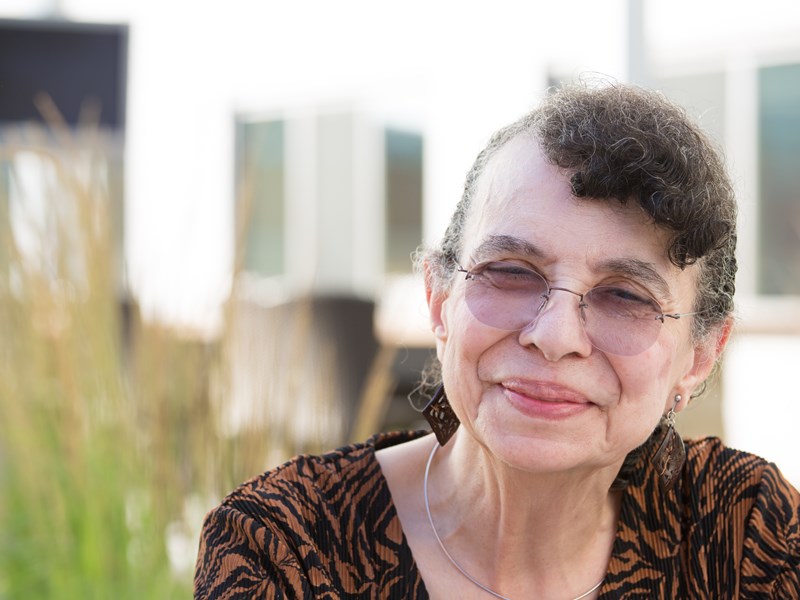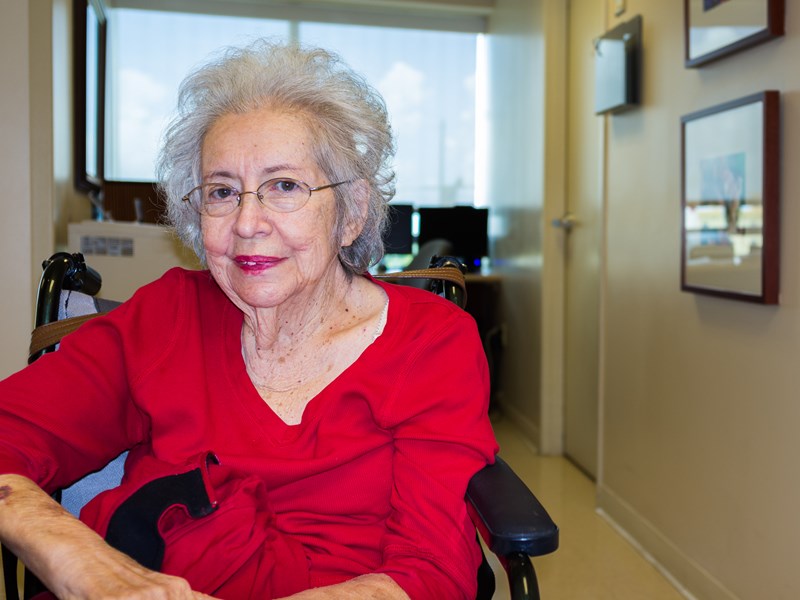When banks foreclose on homes that owners are renting to tenants, they are required to follow certain procedures to protect tenants who find themselves facing homelessness due to the foreclosure. ABLE represented Kelly, who was renting a home for herself and her children when the owner went into foreclosure.
Our Clients

Fighting with Janice in a battle against abuse and financial exploitation
Janice was living at a senior facility when staff there reached out to the Long-Term Care Ombudsman Program to discuss Janice’s possible financial exploitation by her daughter. The facility was concerned that Janice’s daughter was using Janice’s money and property inappropriately and that the daughter was threatening Janice.

Amirah asked for help to stop sexual abuse
Adult protective services contacted the Long-Term Care Ombudsman Program with concerns that Amirah, who was a resident of a nursing home, was the victim of sexual abuse while visiting her daughter’s home outside the community.

Nadia: Fighting for the least restrictive classroom
Federal law has required for more than 40 years that public schools provide special education services in general education classrooms, the least restrictive settings, as much as it is appropriate for each child. In Nadia’s case, that almost did not happen.

Katie’s right to an education
Katie’s mother struggled to get her daughter the education she needs from their rural, public school district. As a young child, Katie struggled with severe behavioral outbursts and would run away from school – even from a school that specialized in working with children with disabilities. Katie has a genetic disorder, autism, attention deficit and behavioral disorders.

Clarissa: Upholding her right to learn
Clarissa’s school removed her from class often without suspension documents, as required by law, to indicate that her behavioral problems were brought on by disabilities. She was sent home so many times that her mother, Ms. Russell, had to quit her job. With help from an ABLE attorney, Ms. Russell secured an Individualized Education Program (IEP), complying with federal law that requires schools to provide accommodations for students with special needs. That allows Clarissa to stay in school and learn.

How Basma triumphed in her fight for an education
When Basma came to the U.S., the public school in her district denied her admission by claiming that her middle school diploma from she received in Syria was a terminal school degree. The school claimed this meant Basma could not attend any additional school grades.

James and Camille - A Family Reunited in time for Baby’s Birth
James and Camille are from Ghana and came to the United States nine years ago so that James could attend graduate school. After graduating with his Ph.D., James found work as a research fellow at a local university. At the time his work visa expired, Camille’s sister had just passed away, leaving behind four young children. While Camille’s and James’ visas had expired, they did not feel they could leave the United States so soon after her sister’s death, because they needed to care for their nieces and nephews.

